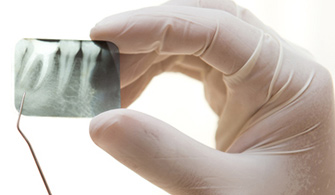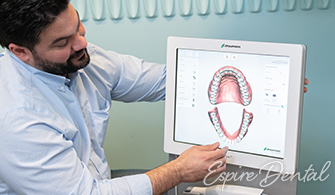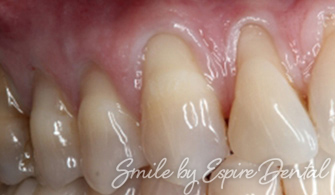
What is Gum Disease?
Gum disease occurs when the tissue around your teeth becomes infected. An infection can turn into major damage to the tissue and the bone that supports your teeth, when periodontal disease is not properly treated. Symptoms of gum disease can include:
Bleeding gums Gums that are red or swollen Bad breath Loose teeth Tender gums





